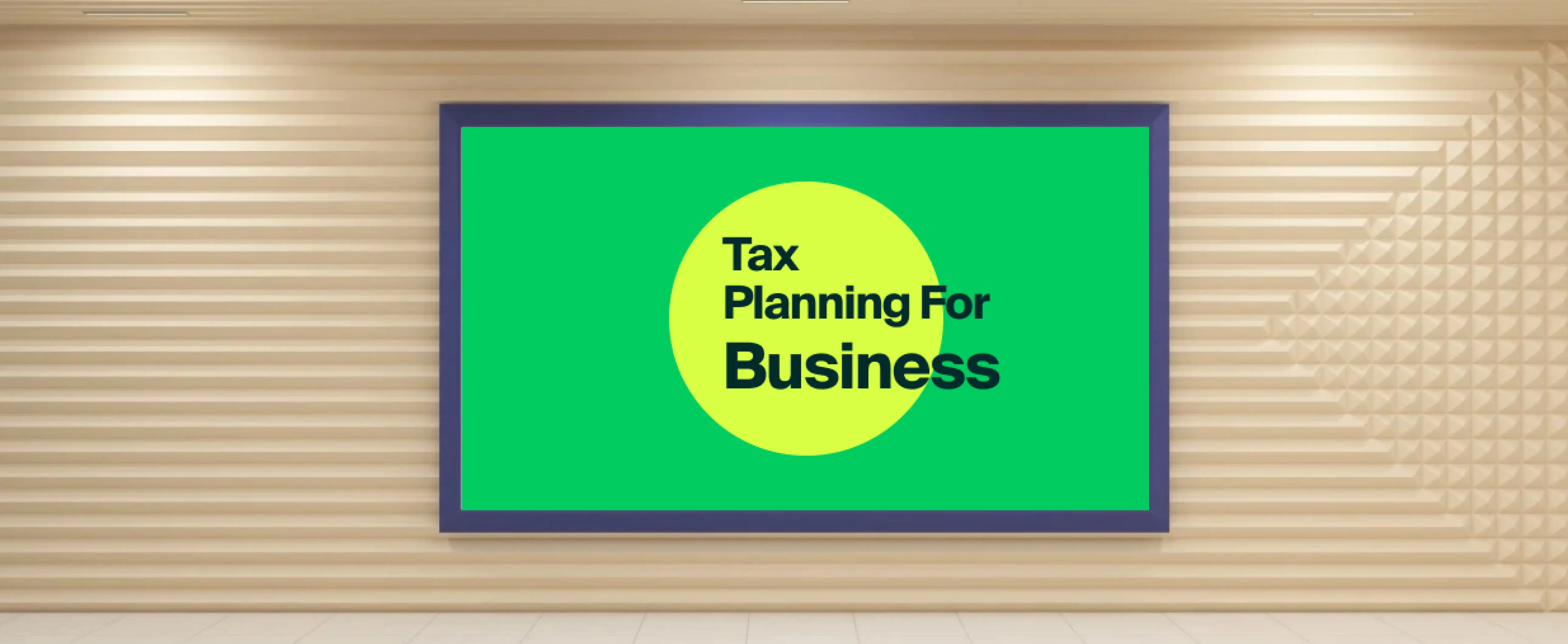Financial Education








Financial Foundations: Your First Steps to Financial Success
Welcome to Trust Metro Finance's Financial Education Center. Whether you're just starting your financial journey or looking to strengthen your money management skills, you've come to the right place. Let's begin with the fundamentals that everyone should know.
Understanding Your Money
Money management doesn't have to be complicated. Think of it like building a house - you need a strong foundation before adding the fancy features. The first step is understanding how your money moves and grows.
Your bank account is more than just a place to keep your money safe. It's a powerful tool that can help you build wealth, make smart spending decisions, and prepare for your future. Let's break down what you need to know.
Banking Basics: Starting Strong
When you're new to banking, the options can feel overwhelming. Should you open a checking account, savings account, or both? Here's what you need to know in plain English: A checking account is like your financial command center. It's where your paycheck lands and your bills take off from. At Trust Metro Finance, our Essential Checking account gives you:
-
Instant access to your money whenever you need it
-
A debit card for everyday purchases
-
Free online and mobile banking
-
Zero monthly fees when you maintain a minimum balance of $500
Think of a savings account as your money's growth space. While a checking account helps you spend, a savings account helps you prepare for the future. Our High-Yield Savings account currently offers:
Smart Money Management: Daily Habits That Make a Difference
Managing your money well isn't about making huge changes - it's about small, consistent actions that add up over time. Here are practical steps you can start today:
Track Your Spending
The first step to better money management is knowing where your money goes. Our mobile banking app makes this easy by automatically categorizing your spending. You might be surprised to learn you're spending $150 a month on coffee shops - that's money that could be growing in your savings account instead.
Build Your Emergency Fund
Life is unpredictable. Your car might need repairs, or you might face unexpected medical bills. That's why we recommend saving 3-6 months of living expenses in an emergency fund. Start small - even $50 a month adds up over time.
Practical Example:
Sarah started with just $25 a week in her emergency fund. It seemed small, but after one year, she had saved $1,300. When her laptop died unexpectedly, she had the money to replace it without touching her credit card. This is the power of consistent saving.
Understanding Credit: Your Financial Reputation
Your credit score is like your financial report card - it tells lenders how reliable you are with money. But unlike your school grades, you can actively improve your credit score with the right strategies.








